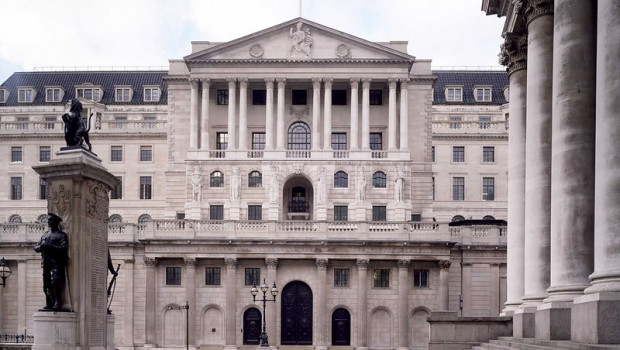UK inflation hits 30-year high in March

UK inflation hit a fresh 30-year high in March as energy and food prices surged, according to figures released on Wednesday by the Office for National Statistics.
Consumer price inflation reached 7% in March - its sharpest jump since 1992 - up from 6.2% in February and above analysts’ expectations of 6.7%.
The figures showed that motor fuel inflation increased to 30.7% from 22.3% in February, while food inflation rose to 5.9% from 5.1%.
The increase in inflation does not take into account the average 54% rise in energy bills that came into effect on 1 April. This will not figure in the data until next month.
Core CPI, which excludes food, energy, alcohol and tobacco, rose to 5.7% in March from 5.2% the month before and was above consensus expectations of 5.4%.
ONS chief economist Grant Fitzner said: "Broad-based price rises saw annual inflation increase sharply again in March. Amongst the largest increases were petrol costs, with prices mostly collected before the recent cut in fuel duty, and furniture.
"Restaurants and hotel prices also rose steeply in March while, after falling a year ago, there were rises across a number of different types of food.
"The price of goods leaving UK factories has continued to rise substantially with metal and transport products both at record highs and food reaching its highest rate for over a decade.
"Raw material costs also rose, with a notable increase in the price of crude oil."
Last month, the Office for Budget Responsibility said it expected consumer price inflation to peak at a 40-year high of 8.7% in the fourth quarter of 2022.
Ruth Gregory, senior UK economist at Capital Economics, said: "It’s no secret that inflation is going to rise even further in April, with the 54% leap in utility prices set to add a whopping 1.6ppts to inflation. We think the result will be a rise in CPI inflation to around 8.5% in April. And while we suspect April could mark the peak, we think inflation will remain above 7.0% for most of 2022 and above 3.0% for most of 2023.
"With high inflation feeding into price/wage decisions, we think the Bank of England will have to raise rates further than it expects, perhaps to at least 2.00% next year."